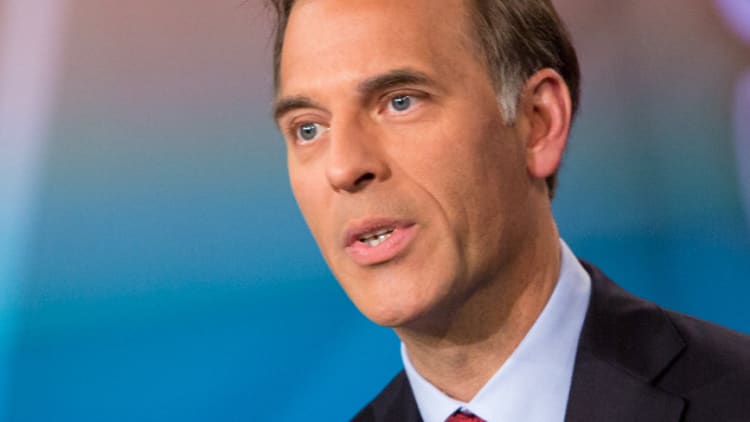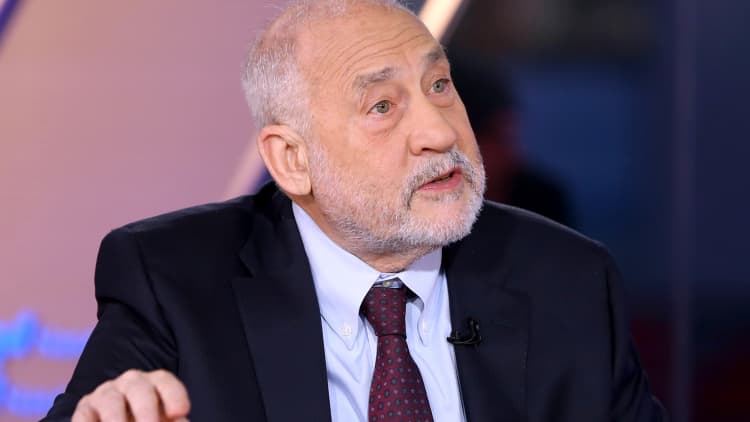Stimulus programs designed to keep the economy afloat during the coronavirus pandemic have failed to provide relief to Americans workers and companies who need it most, Nobel Prize-winning economist Joseph Stiglitz said in an interview with CNBC.
"The problem wasn't just the amount of money. It was how the programs were designed," Stiglitz said. "Our programs have failed, and we have to admit that."
Since early March, the federal government has authorized nearly $3 trillion in stimulus to assist the ailing economy during the pandemic. Stiglitz said the Paycheck Protection Program, which allocated hundreds of billions of dollars in loans to small businesses, was "particularly badly designed."
"The businesses with the best connections with the banks, the best customers, got at the head of the line, and those weren't the smallest businesses, they weren't the people who needed it most," he said.
With more than 40 million Americans out of work, Stiglitz warned that the economic recovery "is not going to be easy" even after the virus has been put under control. He said fiscal programs in other countries like Denmark and New Zealand, which have paid companies to keep workers on their payrolls, serve as better models for how to tackle unemployment.
"We just haven't thought enough about how we get money to the businesses in ways that make sure they really keep the attachment to the workers with those businesses," he said.
Stiglitz, a professor at Columbia University and author of a new book "People, Power and Profits," said lawmakers should prioritize policies that assist recent high school and college graduates. Otherwise, he said, the U.S. risks facing a "lost generation" of workers.
The U.S. unemployment rate for workers with only a high school degree surged from 4.4% in March to 17.3% in April. Economists expect government data on Friday will show a further spike in unemployment in May as many businesses remained shut down.
"Every young person should be either in school, on a job or in training in some way," Stiglitz said. "These are valuable years, you shouldn't be wasting those years feeling disconnected, resentful. So I would put a really high priority on that kind of program."







